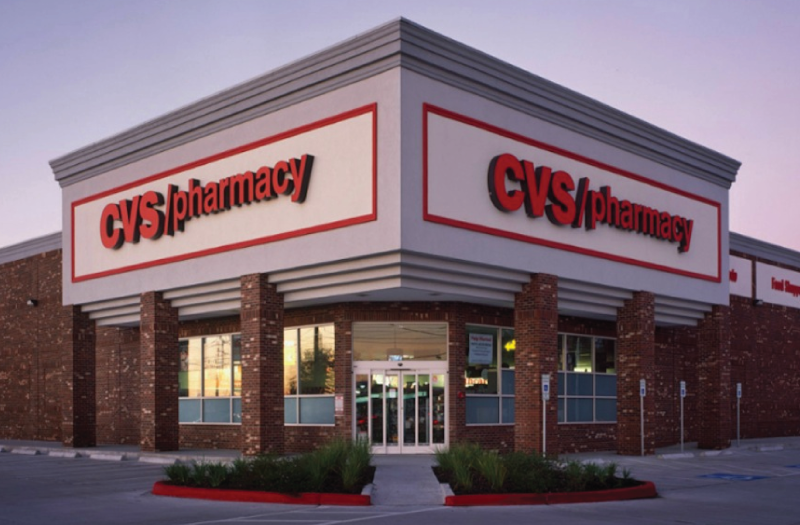New Economic Analysis Shows That FDA Proposed Generic Drug Labeling Regulation Would Result In $4 Billion In New Health Care Costs
March 5, 2014
Study finds FDA Proposed Rule would increase government health costs $1.5 billion, private insurance costs $2.5 billion
(WASHINGTON, Feb. 5, 2014) - A recently proposed Food and Drug Administration (FDA) regulation affecting generic drug labeling would result in an estimated $4 billion in additional U.S. health care costs annually, according to a new analysis by economic consulting firm Matrix Global Advisors (MGA).
The FDA's Proposed Rule would permit generic drug manufacturers to initiate changes to their labels, which they currently are prohibited from doing. The agency insists that the rule would "generate little cost," but MGA finds that it would dramatically alter the legal and financial landscape for generic manufacturers and suddenly expose them to product liability lawsuits.
"The Proposed Rule would add significant costs to the U.S. health care system by raising the cost of generic drugs. These additional costs will ultimately be borne by payors and patients," noted economist Alex Brill, CEO of MGA and author of the study.
The analysis finds that generic product liability would increase annual spending on generic drugs by $4 billion, or $1.16 per prescription for the roughly 3.4 billion generic prescriptions dispensed in the U.S. each year. Of this, government health programs would shoulder $1.5 billion, and private health insurance and the uninsured would bear $2.5 billion. Given expected increases in pharmaceutical spending, the economic impact of the Proposed Rule would increase over time.
"Higher insurance premiums, self-insurance costs, and reserve spending on product liability will likely force generic drug manufacturers to raise prices, thereby tempering consumer savings and adversely affecting patient access," said Brill. "Generic manufacturers also may exit or decline to enter the market for products with greater liability risk."
The MGA analysis also highlights the likelihood that generic manufacturers would be compelled to overwarn about side effects in their labels to protect themselves from litigation. Overwarning can cause confusion for health care providers and patients in selecting appropriate medication.
About MGA
Matrix Global Advisors (MGA) is a Washington, DC-based economic consulting firm led by Alex Brill. MGA engages in consulting and analysis on a range of health care, tax, and other policy matters. Prior to founding MGA, Brill served as policy director and chief economist to the House Ways and Means Committee and on the staff of the White House Council of Economic Advisers.The study was sponsored by an unrestricted grant from the Generic Pharmaceutical Association.For media inquiries, please contact Christy Robinson at 202-558-7159.






